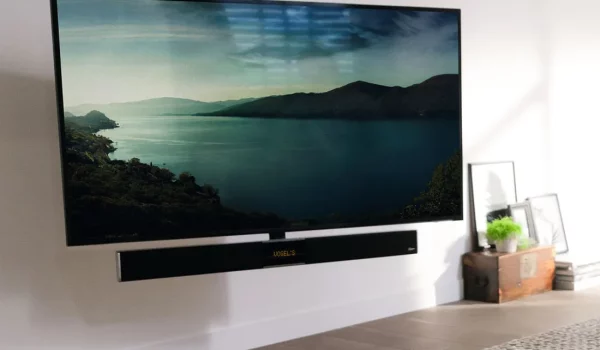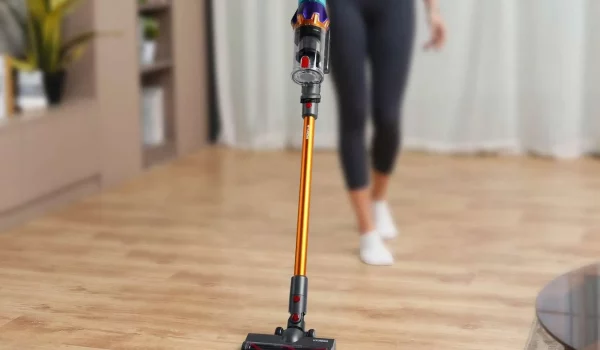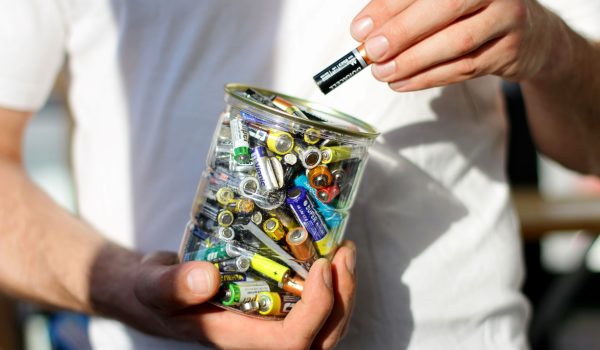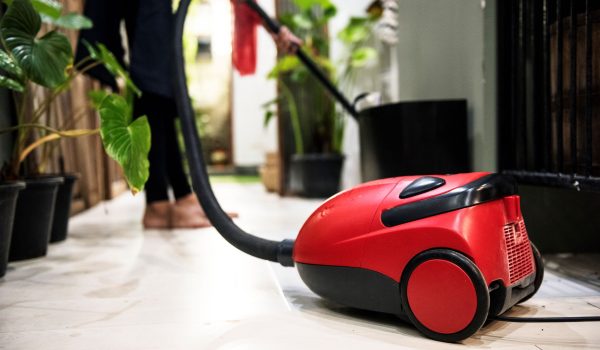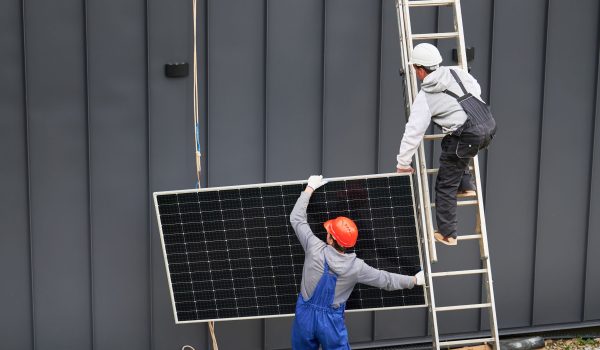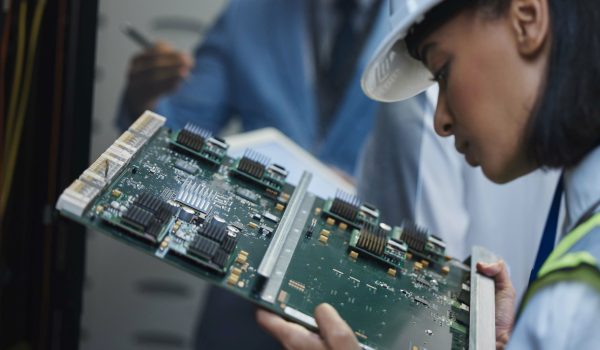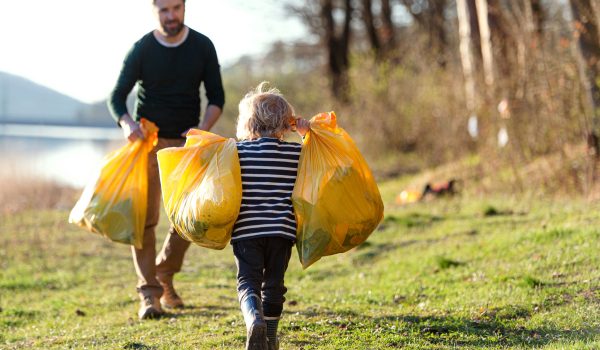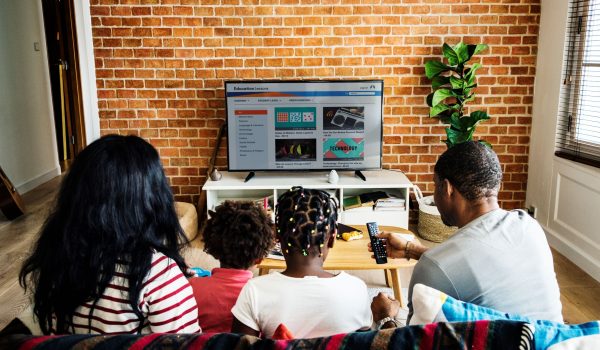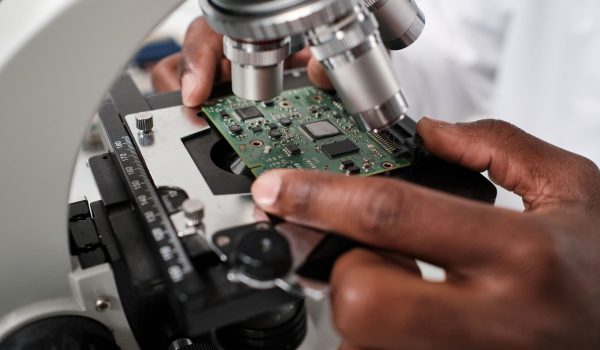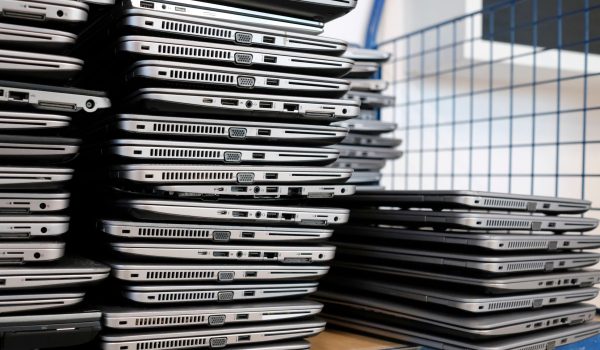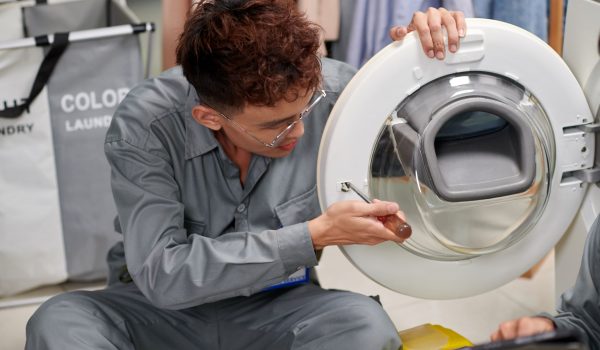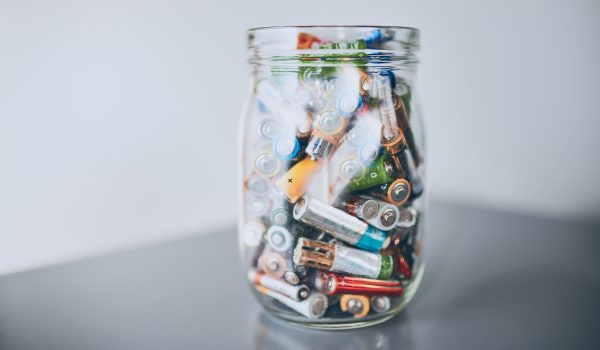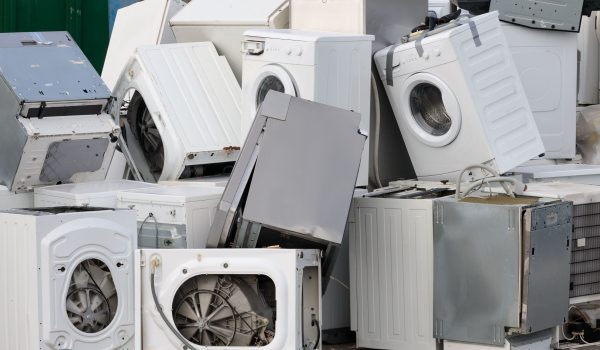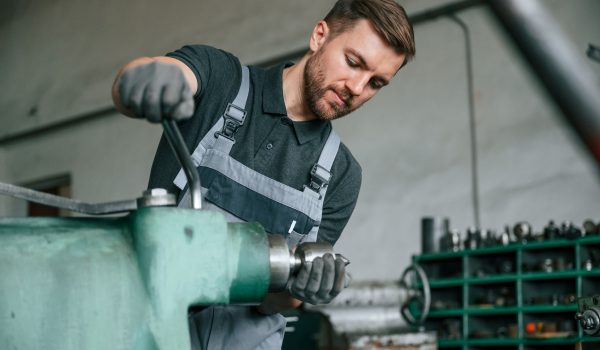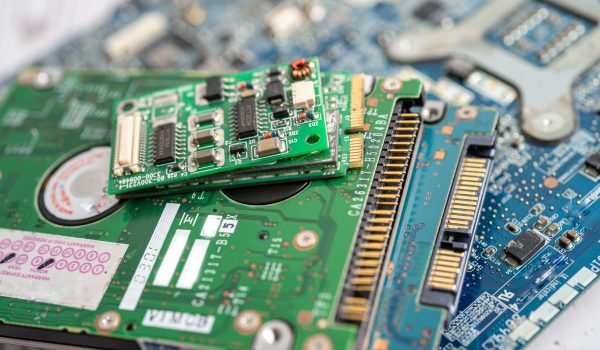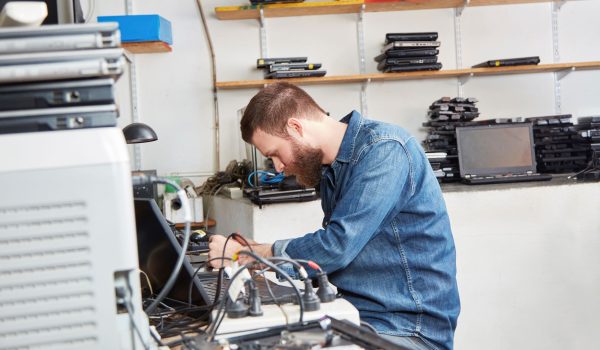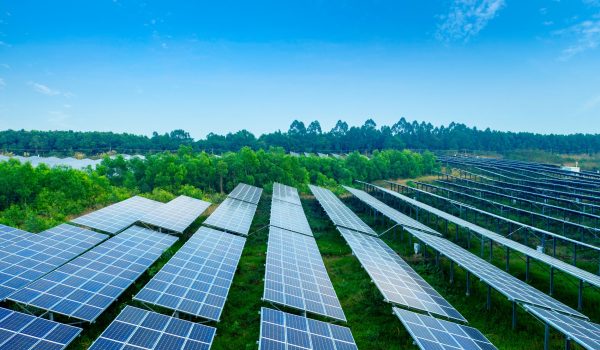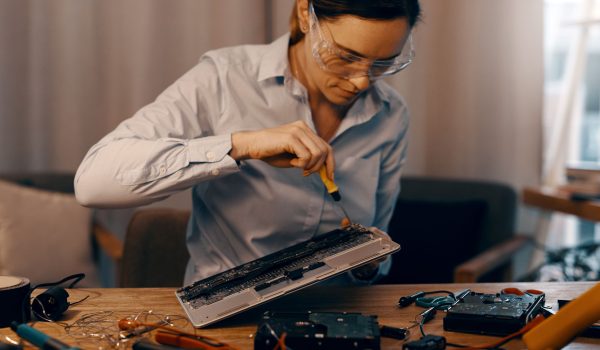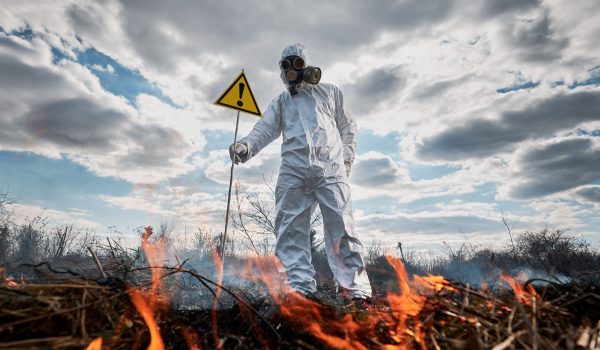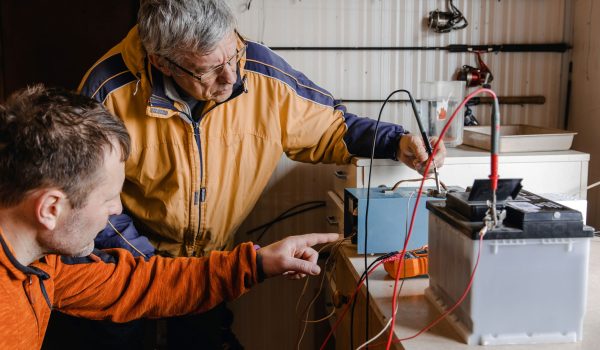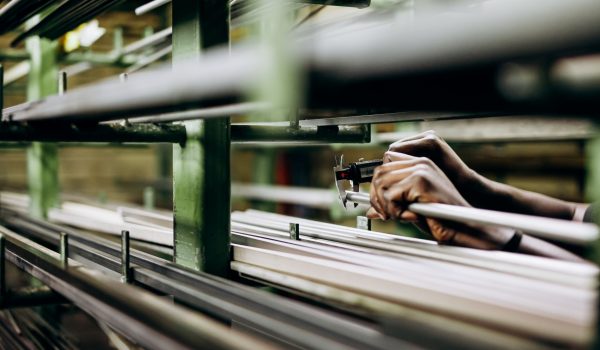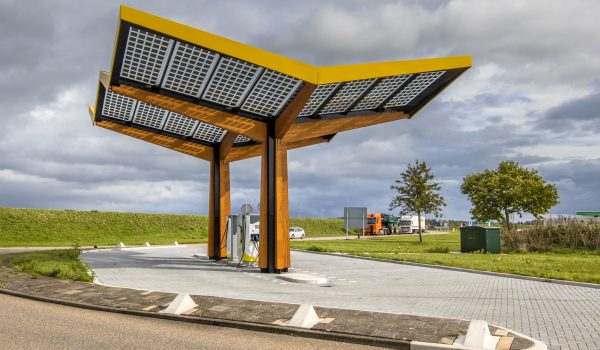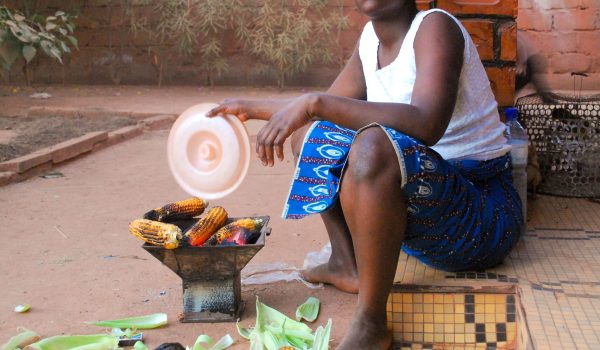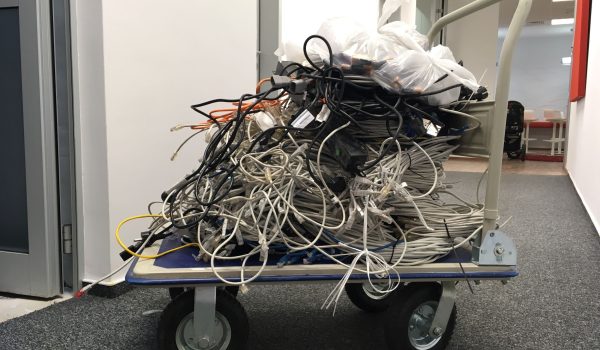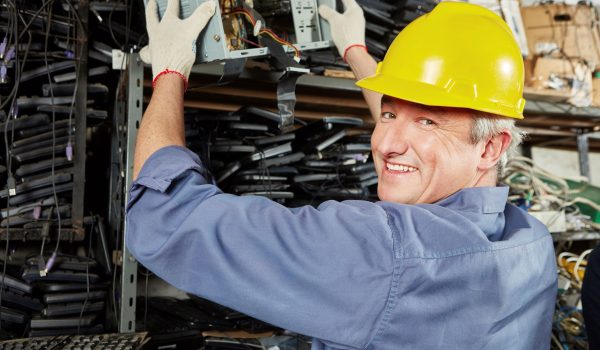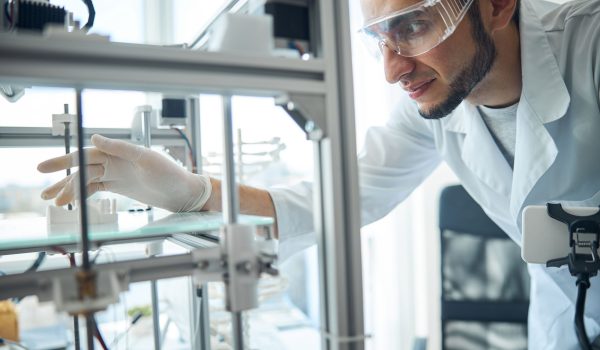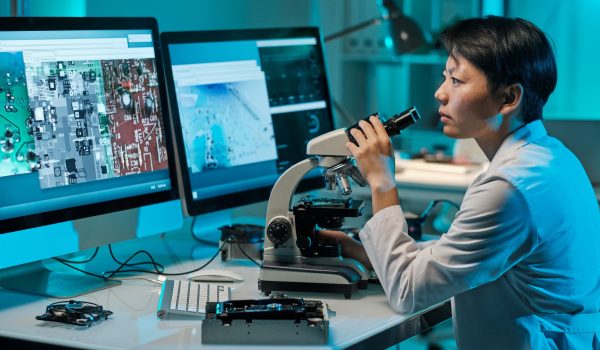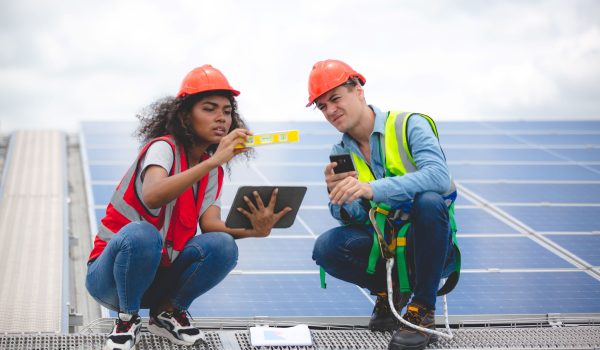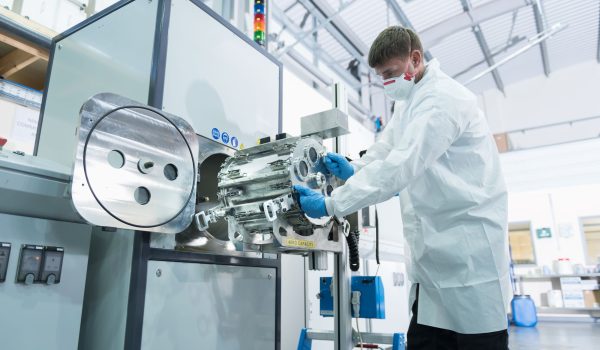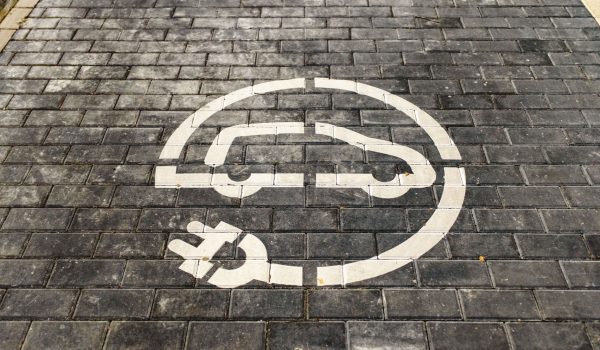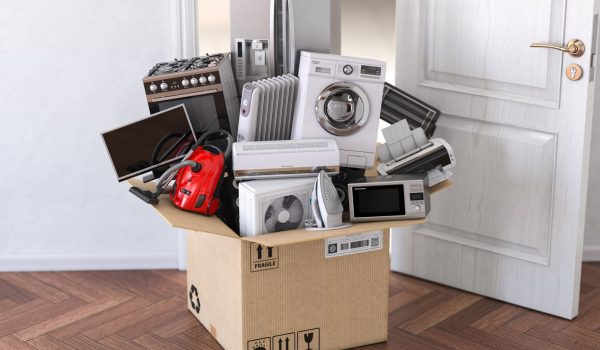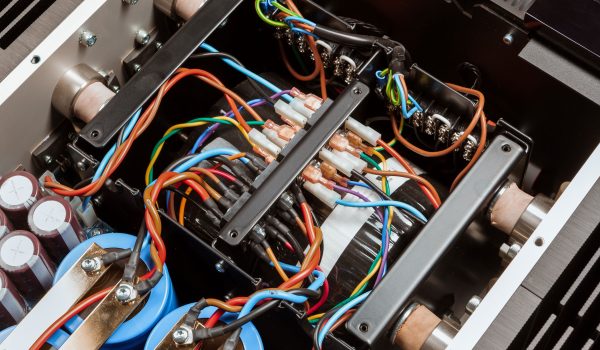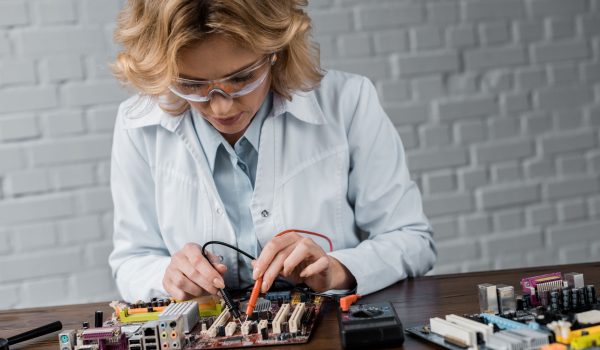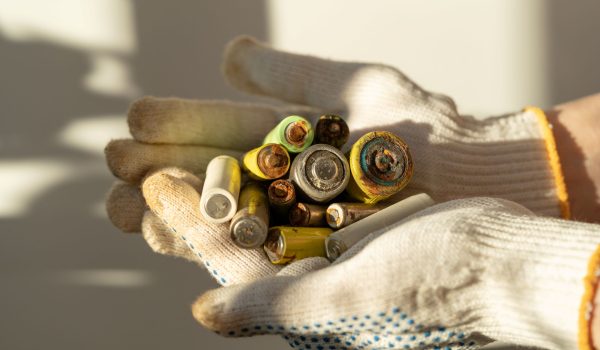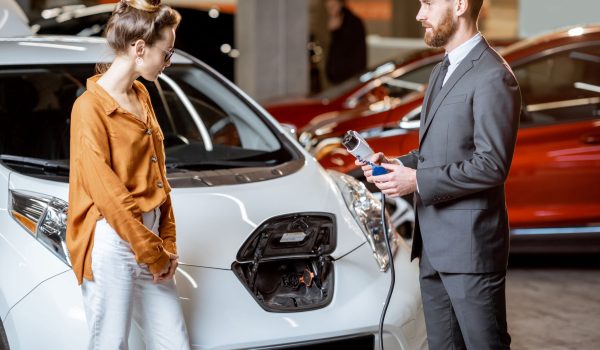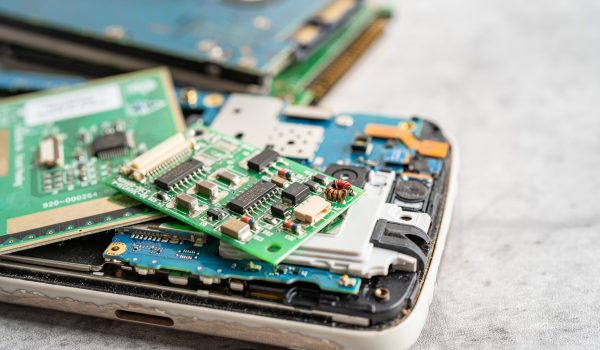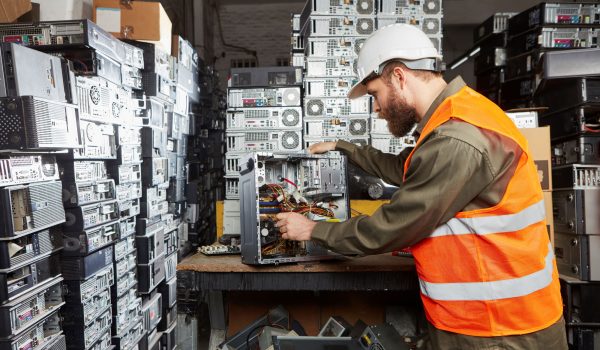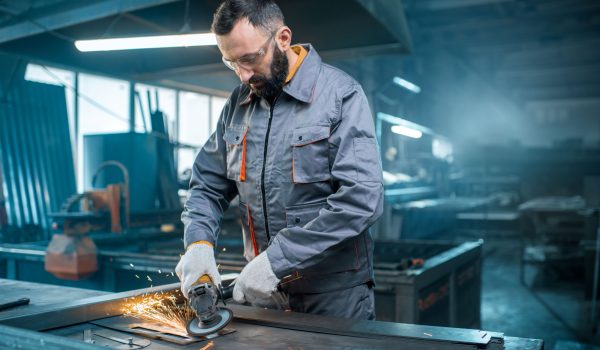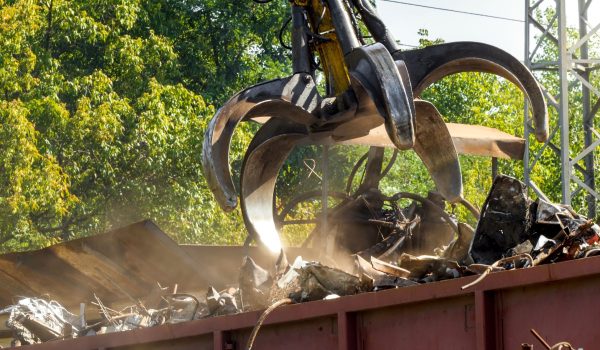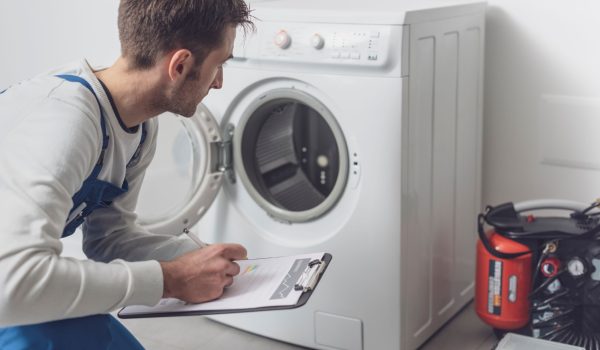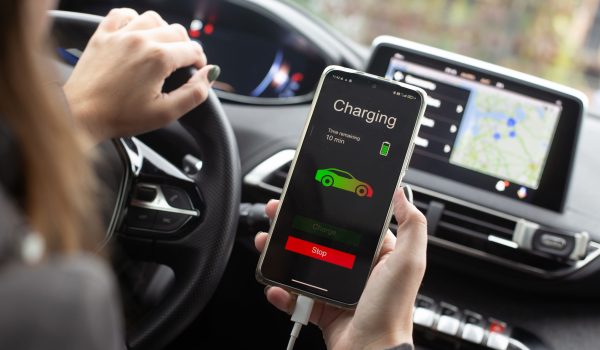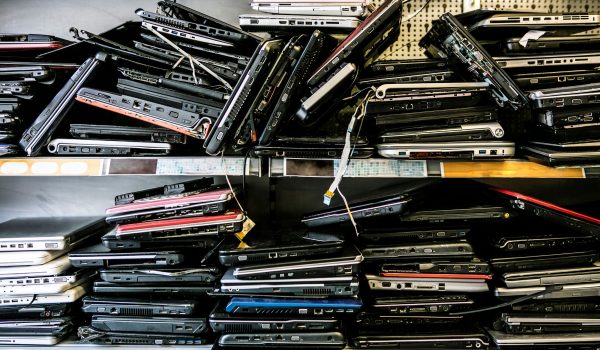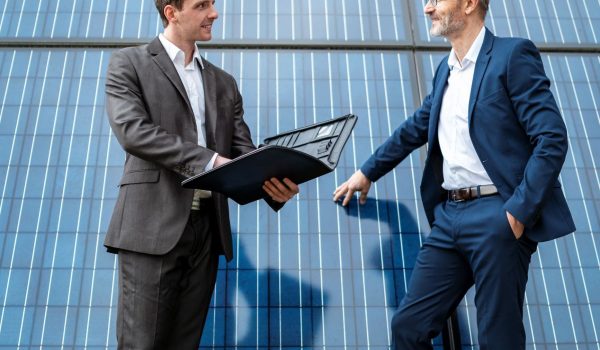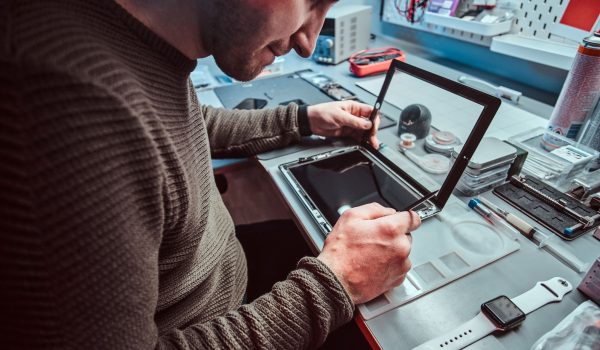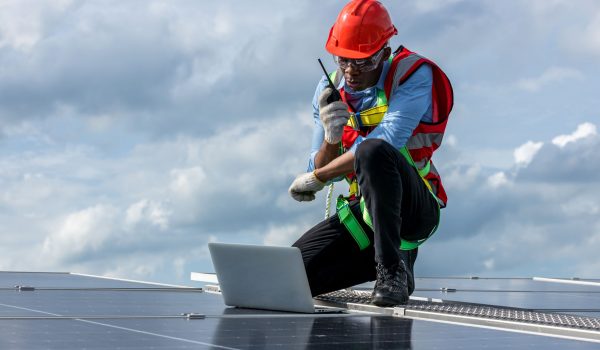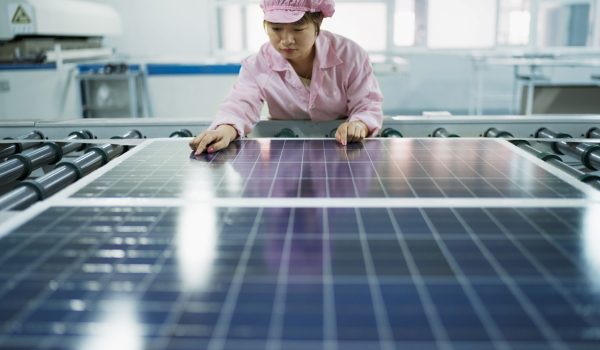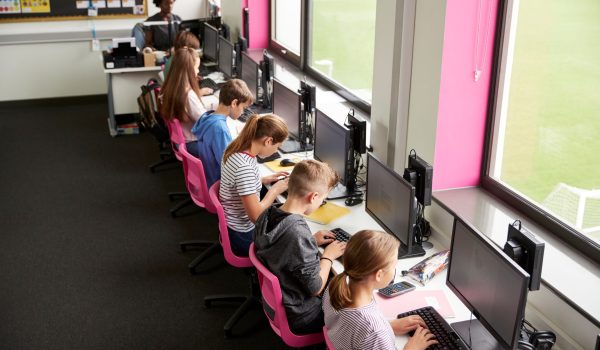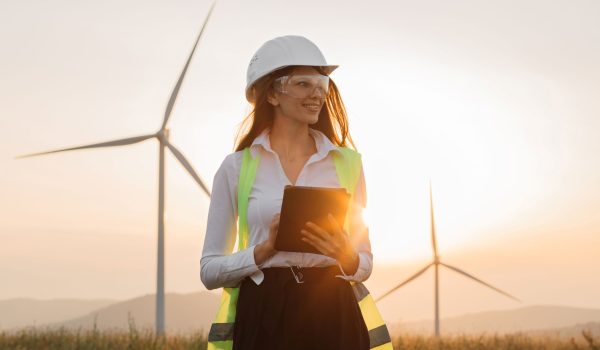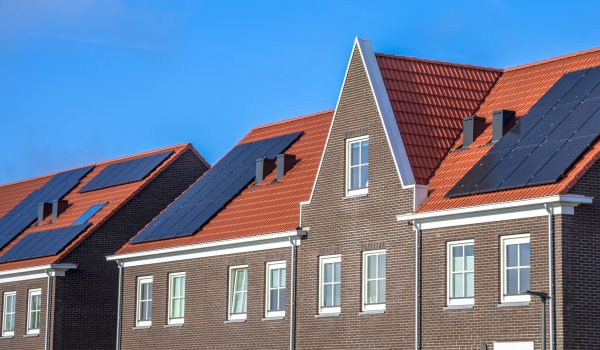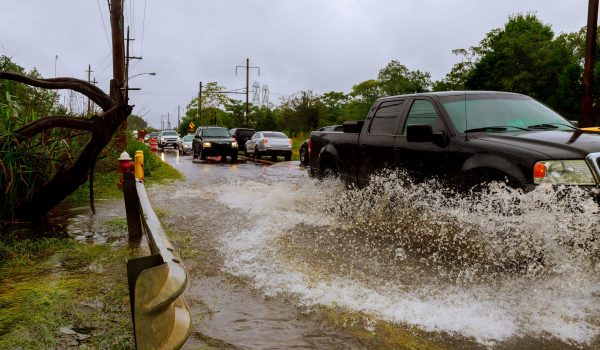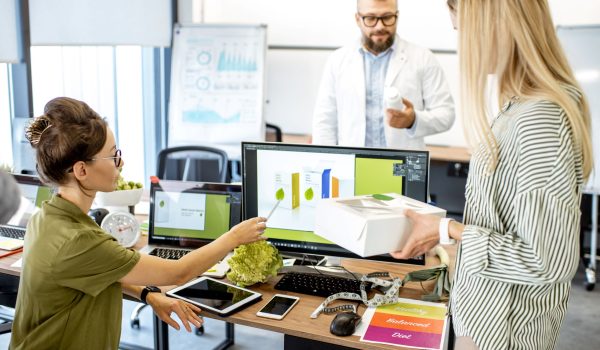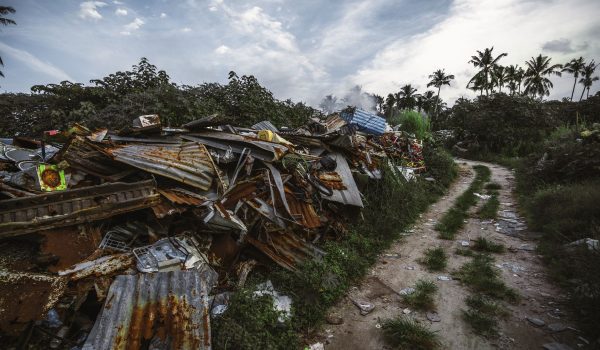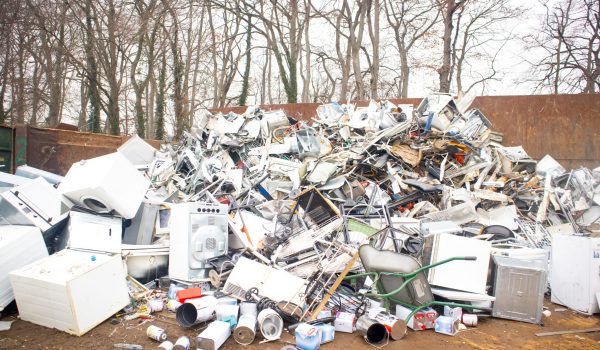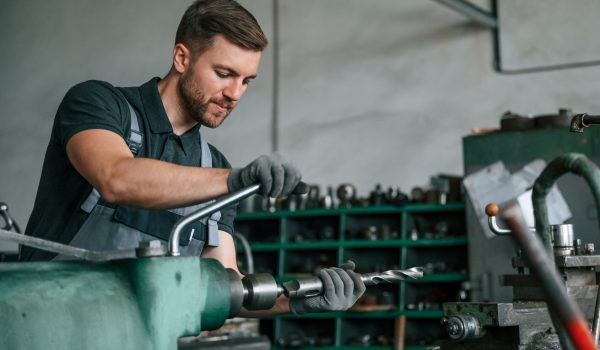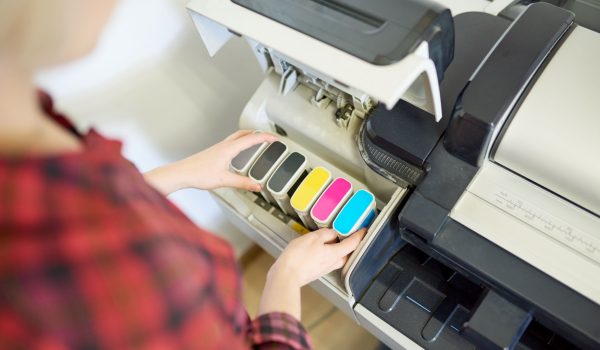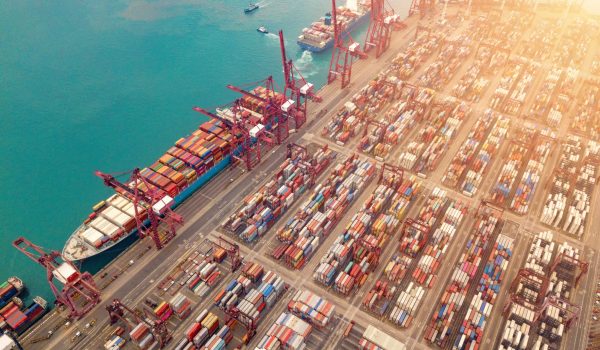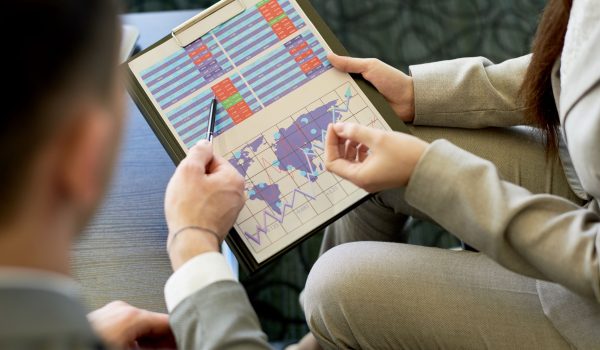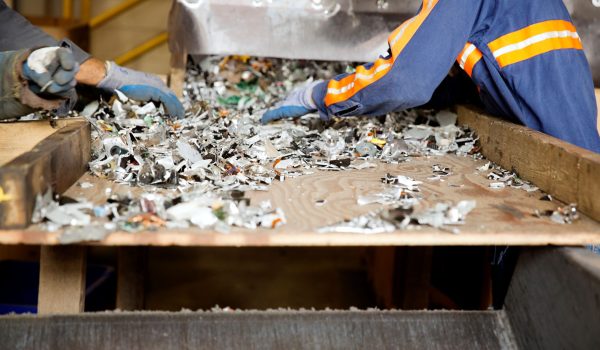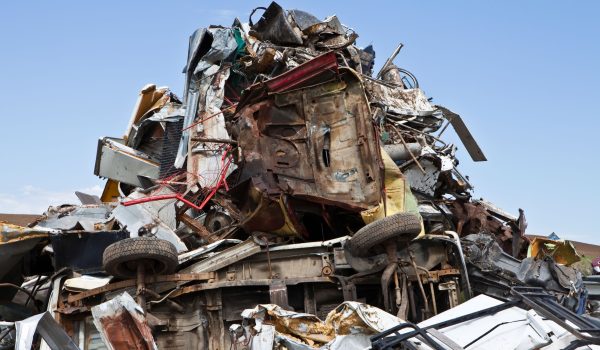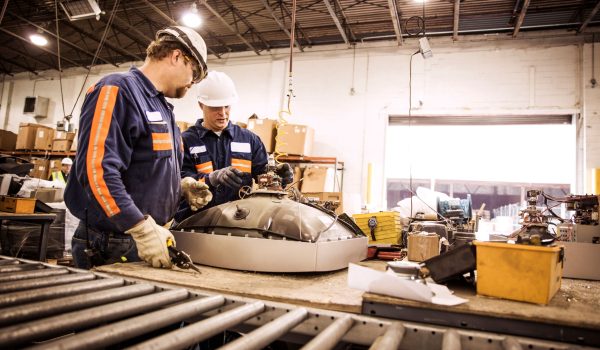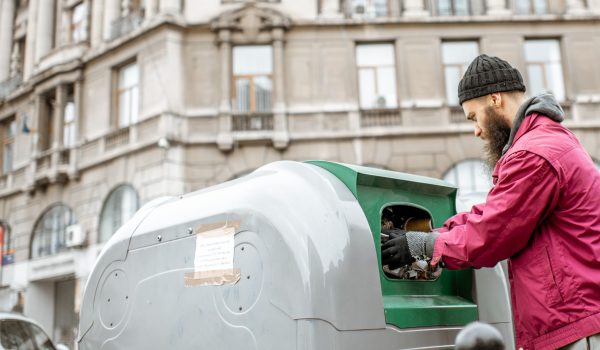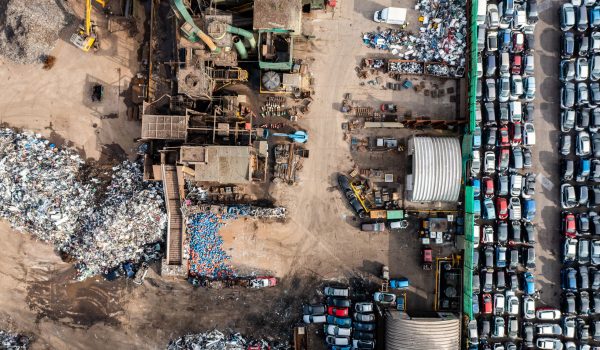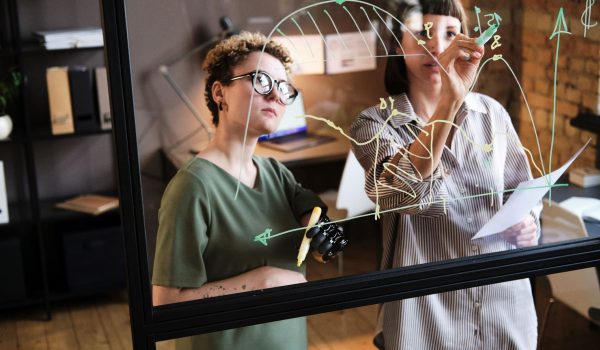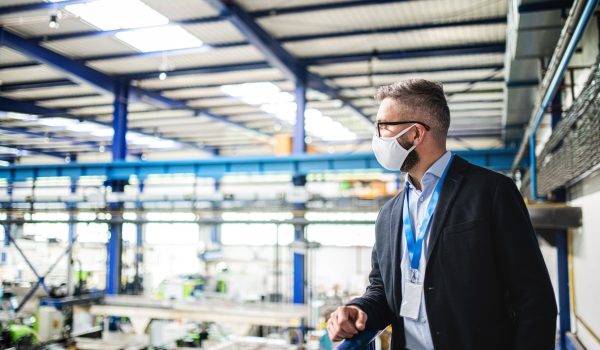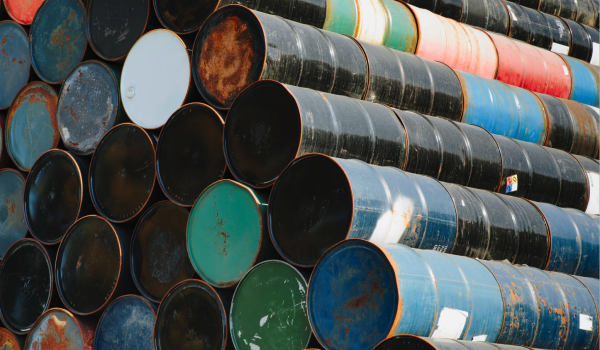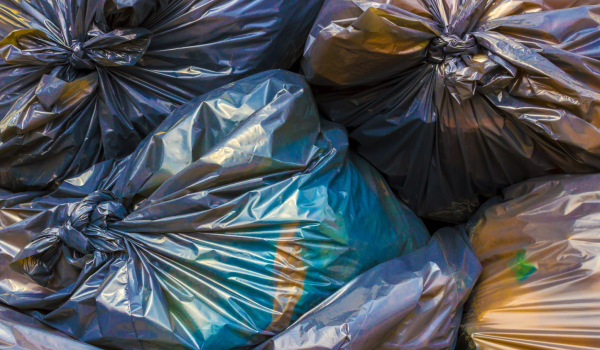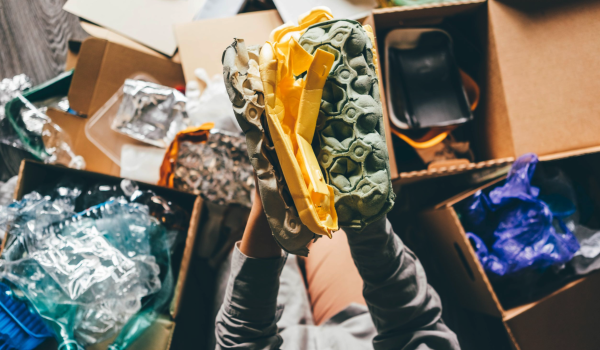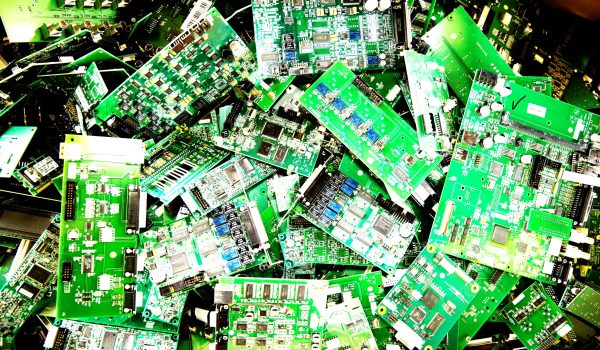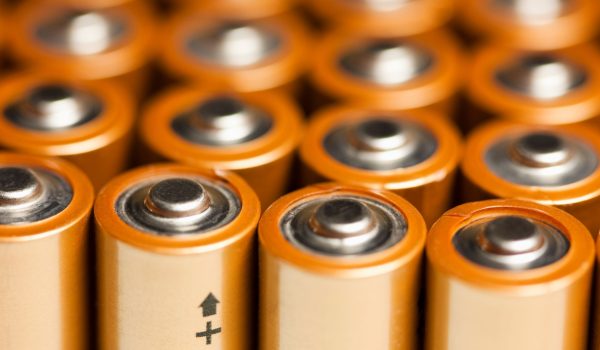Research
93 research articles in 'Research'
Re-use of soundbars
How feasible is it to give soundbars a second life? Commissioned by Stichting OPEN, Second Use investigated the re-use potential of four soundbar models, revealing insights into repairability, consumer interest, and key barriers.
Re-use of cordless vacuum cleaners
The re-use of cordless vacuum cleaners presents interesting opportunities, but battery replacement costs pose a significant challenge. This study, conducted by Second Use on behalf of Stichting OPEN, examines the feasibility of refurbishment and identifies key improvements to extend the lifespan of these appliances.
Potential for reuse coffee machines
Research into the possibilities for reusing coffee machines. This study examined ease of assembly and disassembly, the technical properties of components, costs, and market potential.
Report collection for reuse at recycling centers
This report analyzes pilot projects in the municipalities of Amersfoort and Zwolle aimed at promoting the reuse of electrical appliances through recycling centers.
Circular luminaires in public spaces
This report provides a practical roadmap towards a circular future for luminaires in public spaces.
Dutch households and empty batteries
Annual survey into the knowledge, attitude and behaviour of Dutch households regarding empty batteries
Extending the lifespan of vacuum cleaners through thrift stores
A research and design project to professionalize the collection and repair of discarded vacuum cleaners.
Are discarded kettles suitable for reuse?
This study examined whether kettles that would normally be recycled are suitable for reuse in the thrift store.
Environmental analysis of end-of-life scenarios for decommissioned PV modules
A study and environmental analysis of the different scenarios for decommissioned solar panels.
FutuRaM
FutuRaM will develop the Secondary Raw Materials knowledge base on the availability and recoverability of secondary raw materials (2RMs) within the European Union
Zero waste cities of the future
Research about how cities can be designed in a way that helps citizens reduce waste.
Ownership and disposal of TVs in Dutch households
This study examined the number of TVs present in Dutch households and how many were discarded in 2017.
Circular Circuits
Circular Circuits is a multidisciplinary collaborative research project focused on developing a fully circular generation of electronics.
The socioeconomic gap in e-waste
This research focuses on the socioeconomic factors influencing the amount of e-waste in 27 European Union countries between.
From right to repair to willingness to repair
This study looks at what prevents consumers from repairing their products.
Challenges for the recycling of spent batteries
By developing policies, applying appropriate recycling technologies and researching new materials, a more effective, environmentally friendly and sustainable recycling of used batteries can be achieved.
Is environmental regulation keeping e-waste under control?
How European Union regulations have affected the exports of e-waste.
Unlocking the potential of e-waste
An analysis of chromium, copper, indium, magnesium, neodymium, and niobium in the EU
Sustainable metal recovery from e-waste
In this review, effects of e-waste, its composition and various methods available for treating e-waste and heavy metal leaching have been reviewed.
Limited collection and recycling problems in Europe
A comparison of different causes for the limited collection and recycling problems of e-waste in Europe
Developments, challenges and opportunities within the e-waste sector
Highlighting developments, challenges and different prospects for e-waste, discussing aspects such as collection, pre-treatment and recycling
E-waste from solar panels in a circular economy
Circular challenges and obstacles but also potential for e-waste from solar panels based on research from Brazil
Behavioural Roadmap to Circular Consumption
Transforming consumption and production systems to significantly reduce material footprint
Brominated flame retardants in the WEEE circular economy
The impact of brominated flame retardants on the circular processing of plastic waste from e-waste
Circular production of laptops and telephones
How the transition to a circular chain for everyday products such as laptops and telephones in the Netherlands currently stands
Transition to a circular car battery chain
An evaluation of the progress of the transition to a circular economy focused on the 'car batteries' within the mobility sector
Costs of raw material extraction from WEEE
How thermodynamic rarity can provide new insights into raw material extraction from discarded electronics
PV in Mobility: Solar powered cars
Research into future possibilities for solar energy transport and mobility.
The potential of solar electric cooking in sub-Saharan Africa
A new cooker called pressurized solar electric cooker (PSEC) may soon enable solar cooking in Africa
E-waste management and the impact on the environment and society
What is the impact of e-waste on the environment and society, what problems are involved and what possible solutions can be
The producer’s perspective on e-waste management
Insights into the barriers and factors that hinder or facilitate producers in managing their electronic waste
Sustainable Electronics with Liquid Metal Printing
Liquid Metal Printed Electronics (LMPE) may be the future of electronics with flexible, sustainable and innovative solutions for the industry
Breakthrough in Recyclable Electronics: Water Soluble Printed Circuit Boards
Breakthrough in sustainable electronics through discovery of water-soluble PCB
Circular economy strategies as enablers for solar PV adoption
Circular strategies and business models for solar panels can promote sustainable investments and reduce the looming waste problem
Highly efficient and selective gold mining with graphene oxide
The research describes a method for sustainable gold extraction from e-waste, with high efficiency and selectivity at low concentrations
Battery 2030: Resilient, sustainable, and circular
The demand for batteries is growing, and with it the need for better solutions in the value chain
Attitude and sentiment of the Dutch towards e-waste
Research into how familiar the Dutch are with e-waste, how they deal with it and why
Measuring the possession of electrical and electronic devices in households
Commissioned by the OPEN Foundation, Ffact has conducted research into the ownership of appliances in households.
Op weg naar circulaire vermogenselektronica
Hoe het verbeteren van een modulair ontwerp kan bijdragen aan een snellere transitie naar een circulaire economie
Een stap dichter bij biologisch afbreekbare elektronica
De ontwikkeling van een houten transistor die biologisch afbreekbare elektronica, oftewel groene technologie, een stap dichterbij brengt
Risico’s van rook door branden van Li-ion-batterijen
Inzicht in de risico's die de rook van een brand veroorzaakt door Li-ion batterijen met zich meebrengt
De race om elektrische-voertuig batterijen te decarboniseren
Hoewel elektrische voertuigen schoon zijn vergt de productie van hun batterijen een hoge CO2-uitstoot, toonaangevende fabrikanten zoeken oplossingen om dit te verminderen
Data over informeel e-wastebeheer: de Agbogbloshie schroothoop
Voorstel voor een methode om de hoeveelheden van informele e-wastestromen in kaart te brengen, met de Agbogbloshie schroothoop als casestudy
Terugwinning van goud uit e-waste met behulp van vrijstaande nanopapers
Urban mining met behulp van een geavanceerde recyclingtechnologie om de terugwinning van goud te bevorderen
Een wereldwijde blik op e-waste recycling
Een systematisch overzicht van de wereldwijde situatie van e-waste recycling, inclusief beheersmaatregelen, wetgeving en technieken
Oplossingen voor de impact van het laden van elektrische voertuigen
Oplossingen voor de groeiende belasting van het lokale elektriciteitsnet door het laden van elektrische voertuigen
Zeldzame aardmetalen leveren met recycling in de EU
De uitdagingen en kansen bij het ontwikkelen van een toeleveringsketen voor permanente magneten die gebruik maken van zeldzame aardmetalen met behulp van recycling
Innovatie in recycling van afvalstromen met zorgwekkende stoffen
Inventarisatie van zorgwekkende stoffen in afvalstromen en kansen die nieuwe recyclingtechnologie biedt om hiermee om te gaan
Gebruik en reparatie van wasmachines
Onderzoek onder Nederlanders naar het consumentengedrag bij de aanschaf, het gebruik en het repareren van wasmachines
Elektrisch rijden, personenauto’s en logistiek
TNO en het PBL brengen de ontwikkelingen en onzekerheden op het gebied van elektrisch rijden en de impact die dit kan hebben op het elektriciteitssysteem tot 2030 in kaart
Aankoopgedrag batterij-elektrische voertuigen in Nederland
Inzicht in de toekomst van de overgang naar batterij-elektrische voertuigen aan de hand van marktaandelen en een simulatie van consumptiegedrag
Gids voor het duurzaam beheren van AEEA in de context van opkomende economieën
De belangrijkste factoren voor het verschaffen van duurzaam AEEA-beheer in opkomende economieën mede uit perspectief van meerdere stakeholders
Chinees potentieel voor het verminderen van de vraag naar primair koper
Hoe de “zero waste”-strategieën van China kunnen leiden tot verminderde vraag en gebruik van primair koper en de bijkomende milieueffecten
Implementatie van de circulaire economie in de elektronica sector
Wat de barrières zijn voor circulaire bedrijfsmodellen en welke factoren deze modellen wel mogelijk maken
Onderzoek naar typen consumenten en hun voorkeuren voor E-waste recycling
Hoe economische prikkel in de vorm van een puntensysteem consumenten milieubewuster kan maken bij het weggooien van hun e-waste
Brandveiligheid bij afvalbedrijven in Nederland
Het in kaart brengen van mogelijke oorzaken van branden bij afvalbedrijven en gerelateerde patronen om de brandveiligheid te verbeteren
Update van de AEEA-inzamelpercentages en -doelen
Een update van de AEEA-inzamelpercentages en -doelen, aangevuld met nieuwe statistieken over ‘hamsteren’
Freeriding bij het beheer fotovoltaïsche panelen (zonnepanelen)
Onderzoek naar freeriding-praktijken aanwezig bij het beheer van fotovoltaïsche panelen
Veilig ontworpen. Veilig te repareren.
Veiligheidsrisico’s bij zelf uitgevoerde reparaties van elektrische en elektronische apparaten
Raken de metalen voor onze smartphones op?
Informatie over en oplossingen voor de oprakende zeldzame metalen nodig voor de productie van smartphones en andere elektronica
Effecten van circulaire maatregelen op schaarse metalen in complexe producten
Onderzoek naar de effectiviteit van huidige circulaire maatregelen op metaalschaarste
Veilige en duurzame zonnepanelen
In deze verkenning heeft het RIVM onderzocht wat mogelijke ongewenste bijeffecten van zonnepanelen kunnen zijn
Selectieve goudterugwinning via poreus poly(imine dioxime) membraan
Poreus poly(imine dioxime) membraan heeft de potentie om bij te dragen aan duurzame goudterugwinning voor elektrische en elektronische apparaten
Het vergroten van het aanbod betaalbare computers
Het dichten van de digitale kloof door het aanbod van betaalbare computers te vergroten aan de hand van beleidsmaatregelen
De gevolgen van klimaatverandering voor het energiesysteem
Wat het effect is van klimaatverandering op het gebruik van hernieuwbare energiebronnen in twee verschillende scenario’s
Balancing costs and revenues for recycling end-of-life PV panels
What the current solar panel recycling process looks like, and whether this is a sustainable practice in the future
Electronic waste recycling after floods in Jakarta and New Orleans
The potential benefits of recovering and recycling e-waste after floods, based on Jakarta and New Orleans
Efficiency improvement and technology choice for energy and emission reductions of the residential sector
How the CO2 emissions of the residential sector can eventually reduce due to improved efficiency and technology
Potential effects of Dutch circular economy strategies on West Africa
The potential positive and negative effects of Dutch measures for a circular economy in low- and middle-income countries
Design for safe repair in a circular economy
Design choices that lead to safely repairable household appliances and contribute to a circular economy
EPR: role and responsibilities of municipalities and collection organizations
Rights and responsibilities of municipalities and their public collection organizations on the one hand and producers/importers on the other hand when implementing the EPR
Environmental impact and health risk assessment of potentially toxic metals from e-waste
Assessment of the environmental impacts and health risks of potentially toxic metals from different activities related to e-waste processing
E-waste in the ICT Sector
The large amount of e-waste generated by the ICT sector and how to deal with it worldwide
Assessment of minor metal recyclability
The extent to which small metals are recyclable and how this can be expanded
Study on the implementation of product design requirements
How product design requirements are implemented in the EU based on the reusability of printer cartridges
Exploring the sustainability challenges facing digitalization and internet data centers
The environmental impact of internet data centers, analyzed using carbon, water and landscape footprints
Solar electric cooking in Africa
Analysis of the possibilities for a transition to electric cooking on solar energy in Africa
Ultimate producer responsibility for e-waste management
Research into the adverse effects of exporting European used electronics and e-waste to Nigeria
Disentangling the worldwide web of e-waste
Mapping the global ecological impact of e-waste and possible measures that can be taken
Study on options for return schemes of small electrical and electronic equipment
Policy measures for action at the EU level to incentivise the return and take-back of small used and waste EEE
BKN thrift industry 2021
Research into the social and ecological impact of the thrift industry in 2021
Recommendations for tackling fires caused by lithium batteries in WEEE
Research and recommendations for the prevention of fires caused by batteries and WEEE containing batteries
ADR and collection of small equipment in modified IBCs
Wecycle has conducted research into a safer way to store and transport small appliances and ICT equipment.
Brominated fire retardants in discarded electrical equipment
Limit values for brominated fire retardants, how to measure them and, above all, how to prevent the release of harmful brominated fire retardants
Recycling centres and the circular economy
How to increase the position and contribution of recycling centres to the transition to a circular economy
In-depth review of the WEEE Collection Rates and Targets
A measurement of WEEE collection targets, WEEE flows and the impact of the national application of WEEE legislation
Exploration Dutch repair infrastructure
A study of the current repair infrastructure in the Netherlands and how it can be improved
Recycling centre of the future
How today's recycling centres can be adapted to fit into tomorrow's circular economy
Research on the disposal behaviour of consumers regarding electrical appliances.
This research focuses on how and where Dutch consumers prefer to discard their various types of electrical appliances.
The Global E-waste Monitor 2020
The Global E-waste Monitor 2020 makes the e-waste challenge accessible to the public and discusses how to create a circular economy and a sustainable society
Collecting as a challenge
Research into the efficiency and effectiveness of the existing WEEE implementation toolkit and identifying potential shortcomings.
The Dutch WEEE flows 2020
The electrical and electronic equipment placed on the market and the resulting waste streams between 2010 and 2018 in the Netherlands.
Climbing the R-ladder with EPR
This study makes three recommendations to transform the current inhibiting conditions into the right incentives for EPR systems
Submit your publication to the knowledge platform
Do you have a publication* that contributes to knowledge about the circular economy, electrical appliances or e-waste? Register it at the knowledge platform!
*Criteria apply. Read more about the submission criteria here.
